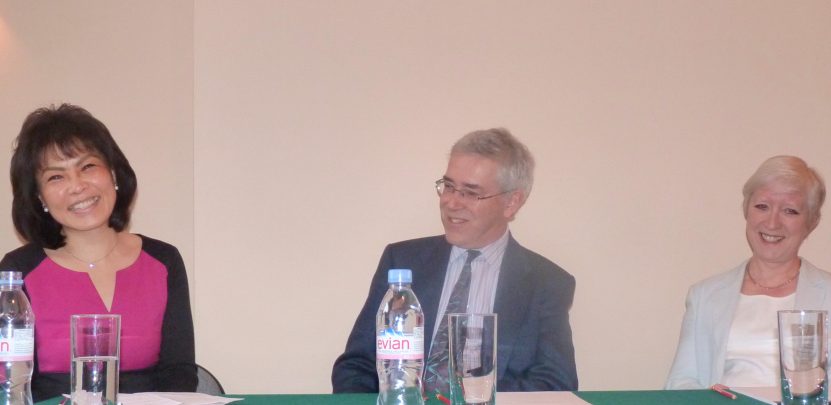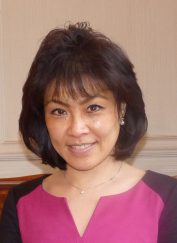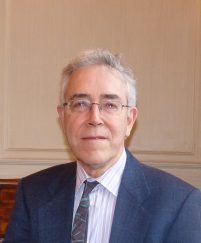 Seminar
SeminarThursday 4 April 2013
6:00pm – 7:30pm
Life as a Classical Musician in the UK and Japan
Drinks reception from 8:00pm
13/14 Cornwall Terrace, London, NW1 4QP
Organised by The Daiwa Anglo-Japanese Foundation
This event brought together two professional pianists and writers – one British and one Japanese – to compare notes on life as a classical musician in the two countries. Japanese classical music has traditionally been an elite pastime, but the Japanese enthusiastically adopted Western classical music in the second half of the 19th Century. Yamaha manufactured Japan’s first piano in 1900, and the first Japanese piano piece was written by Rentaro Taki in the same year. Since then, the piano, along with variants like the “electone” (electronic organ) has become Japan’s most popular musical instrument, with at least one grand piano in every school hall in the country.
Classical music has deeper roots in the UK, but the environment for musicians is tough in both countries. In Japan, audiences are fragmented between too many concert halls, and the high cost of bringing performers from overseas is straining its musical links with the outside world. In the UK, classical audiences are ageing, and there are concerns that in an age of ubiquitous 5-minute video clips, young people are no longer willing to concentrate for long periods on purely auditory experiences. More easily digestible presentations of classical music like the radio station Classic FM have proved popular, but musicians have mixed feelings about a trend many see as “dumbing down.”
About the contributors

Susan Tomes
Susan Tomes is both a solo pianist and a chamber musician, and has been at the heart of three internationally admired ensembles: Domus, the Gaudier Ensemble, and the Florestan Trio, winners of the Royal Philharmonic Society Award in 2000. With these groups she has performed and broadcast all over the world. She has made over fifty CDs, winning Gramophone Awards, Classic CD awards, Diapasons d’Or in France, and Deutsche Schallplattenpreise. She is also well-known as a speaker, writer and broadcaster about music, having published three books: Beyond the Notes (2004), A Musician’s Alphabet (2006) and Out of Silence (2010). She is the solo pianist on a record made by the Royal Scottish National Orchestra to celebrate Creative Scotland 2012 with the gift of a special CD for every child born in Scotland during the year. The Worshipful Company of Musicians recently announced that Susan has been awarded the 2013 Walter Wilson Cobbett Medal for distinguished services to chamber music.

Noriko Ogawa
Noriko Ogawa first came to international attention as a finalist in the Leeds International Piano Competition. She plays a wide variety of repertoire, but is best known for her performances of Debussy, whose complete piano works she has recorded. She was Artistic Director for the Reflections on Debussy Festival, hosted by the BBC Philharmonic and Manchester’s Bridgewater Hall from January-June 2012.Her recording of Takemitsu’s Riverrun was an Editor’s Choice at Gramophone Magazine, while her recording of Mussorgsky’s Pictures at an Exhibition was a Critics’ Choice at BBC Music Magazine. She has received the Japanese Ministry of Education’s Art Prize in recognition of her outstanding contribution to the global cultural profile of Japan. Her book Yume wa Piano to Tomo ni (in Japanese) was published in 2008, and her translation into Japanese of Susan Tomes’s Out of Silence was chosen by Japan’s leading piano magazine as one of the five best books of 2012.

Dr Robert Philip (Chair)
Dr Robert Philip (Chair) worked for over twenty years as an Arts Producer in the BBC’s Open University Department, and then for another ten as a Lecturer in Music at the Open University itself. He pioneered the academic study of historical recordings, and has written two books: Early Recordings and Musical Style (1992) and Performing Music in the Age of Recording (2004). For many years he has also presented programmes on BBC Radio 3 and the World Service, including frequent appearances on Record Review and CD Review. He is currently working on a guide to orchestral music for Yale University Press.